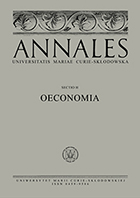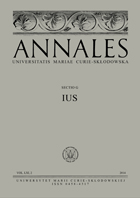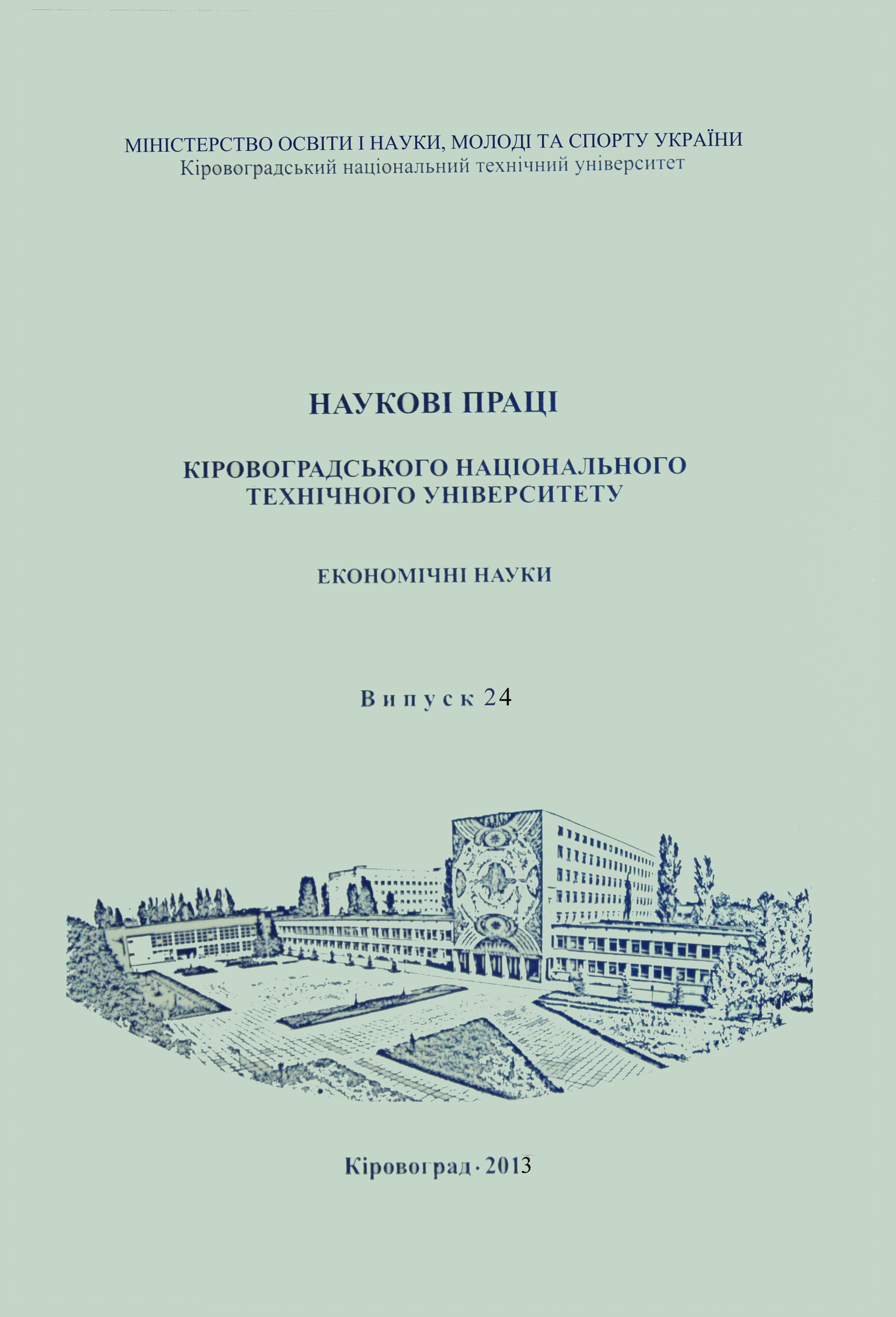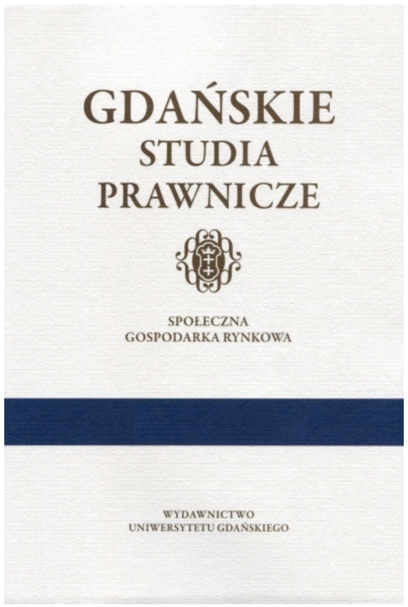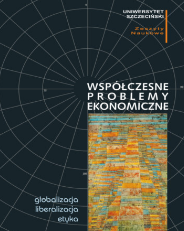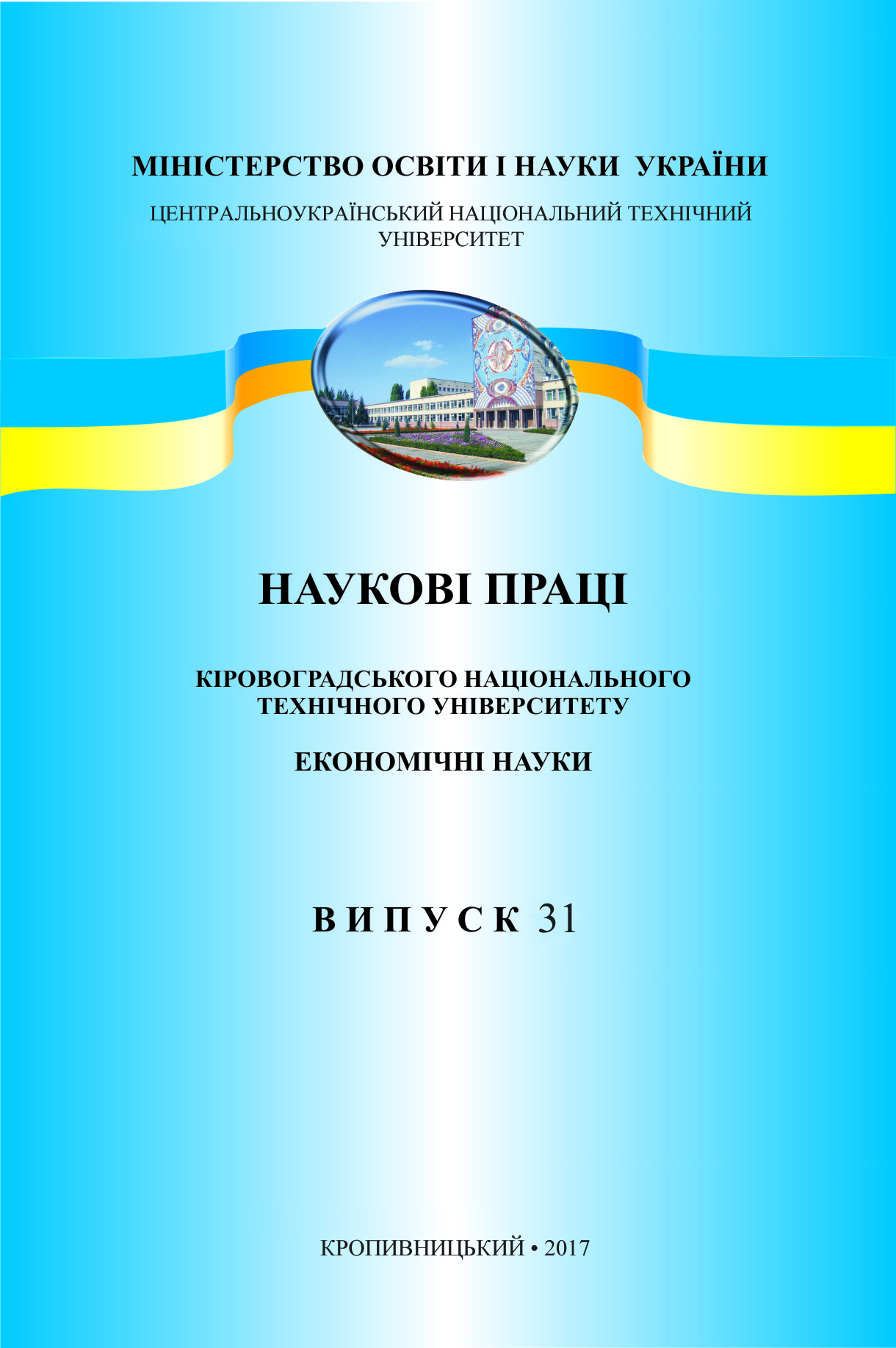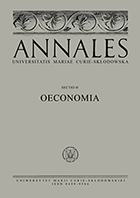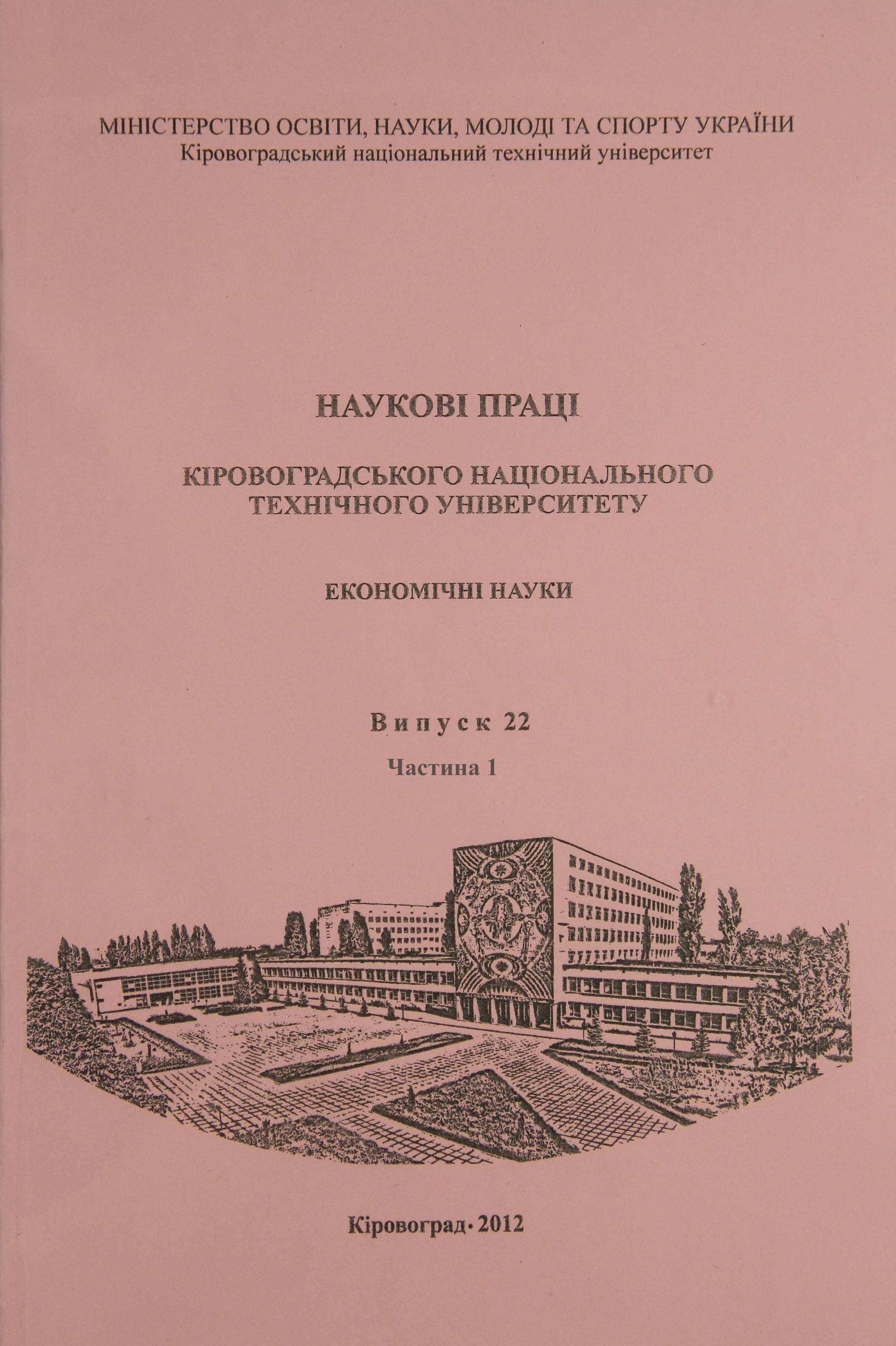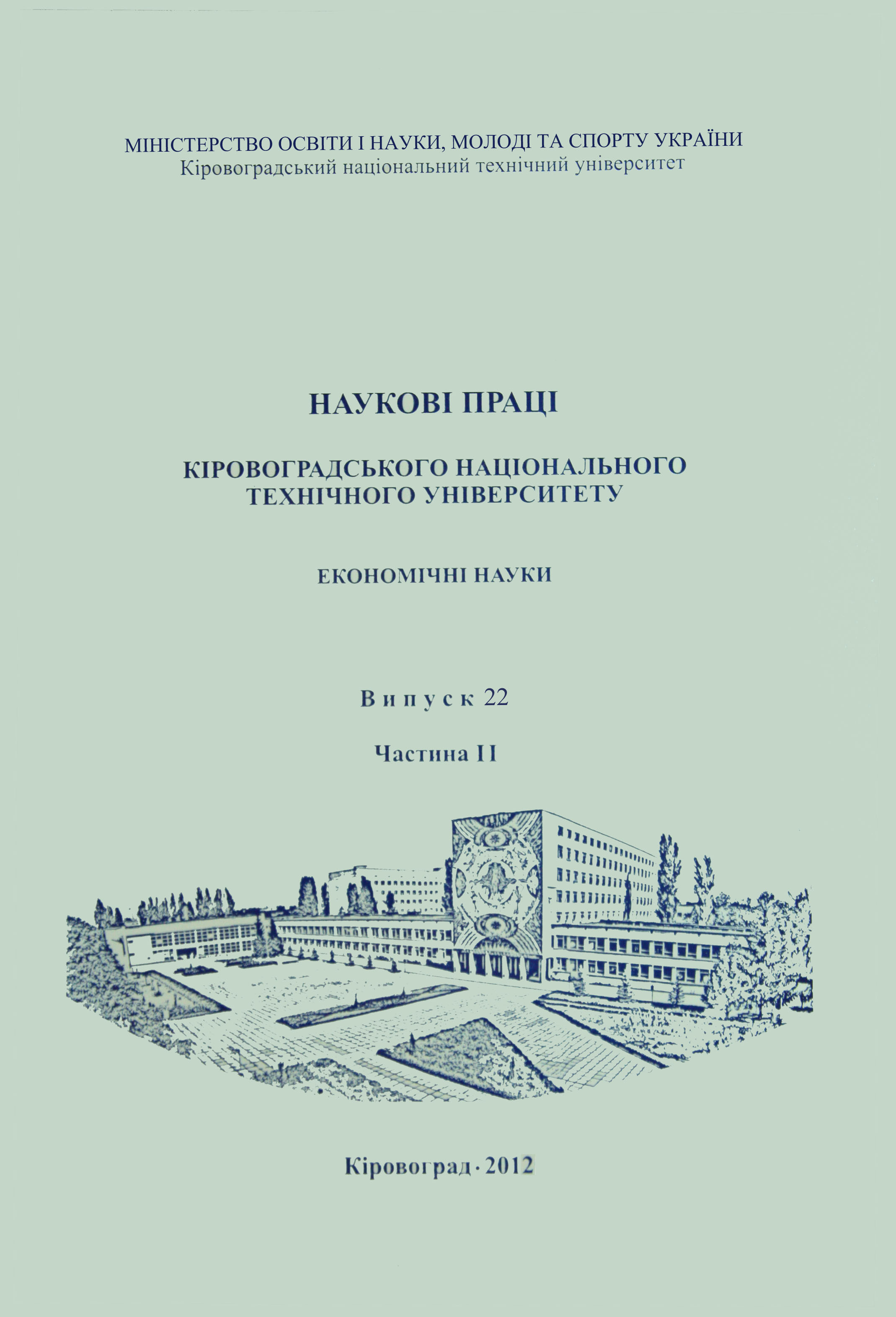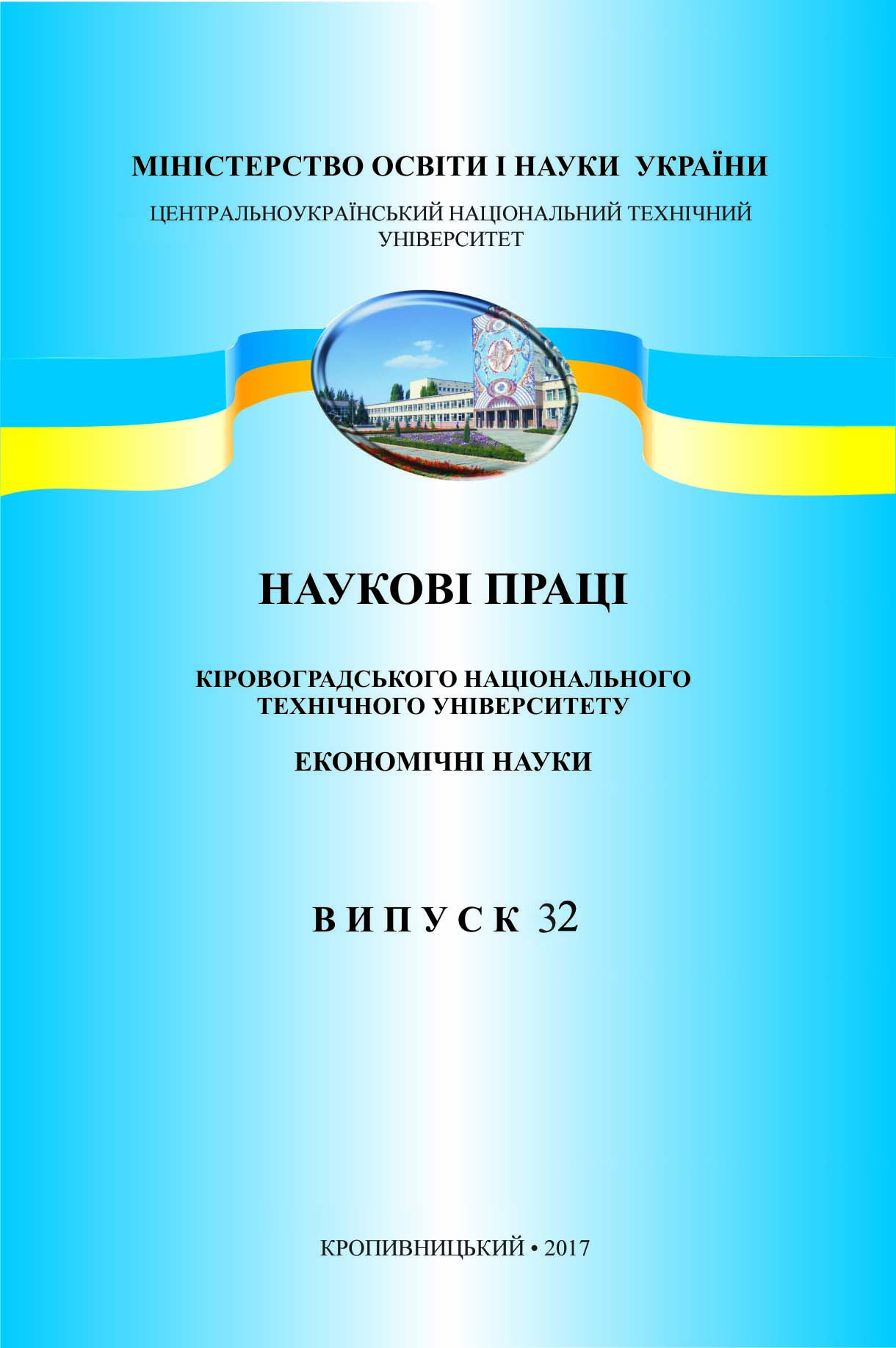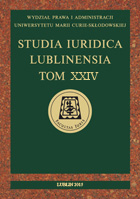
Problem nadużywania niepracowniczych form zatrudnienia w programach przeciwdziałania bezrobociu
The article deals with legal and social aspects of civil law based employment schemes in labour market programs financed from public sources. Traditional programs of unemployed activation, such as public works, or intervention works, using labour contracts as basis of participants employment have been replaced in Poland by civil employment schemes, such as employment for practice. The article undertakes analysis of both causes and consequences of this phenomenon, many of them negatively assessed. The negative assessment applies to first of all to promotion of civil employment schemes and preservation of improper attitude to labour law of labour market actors.
More...

